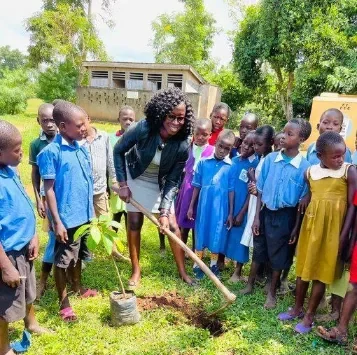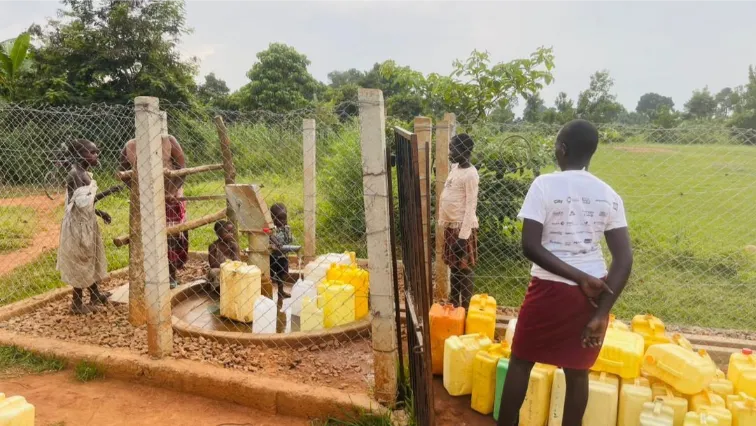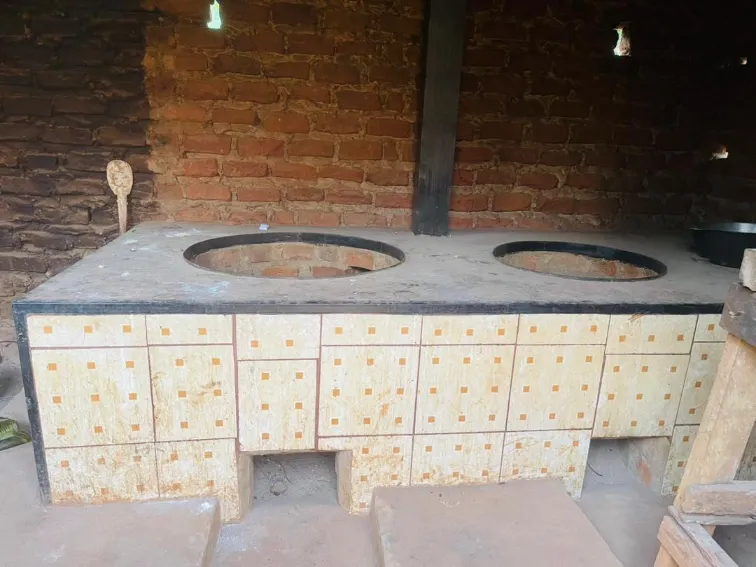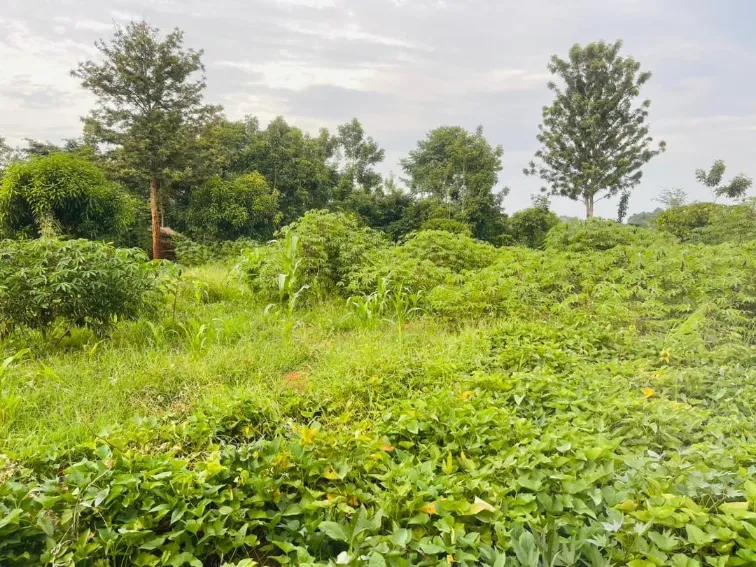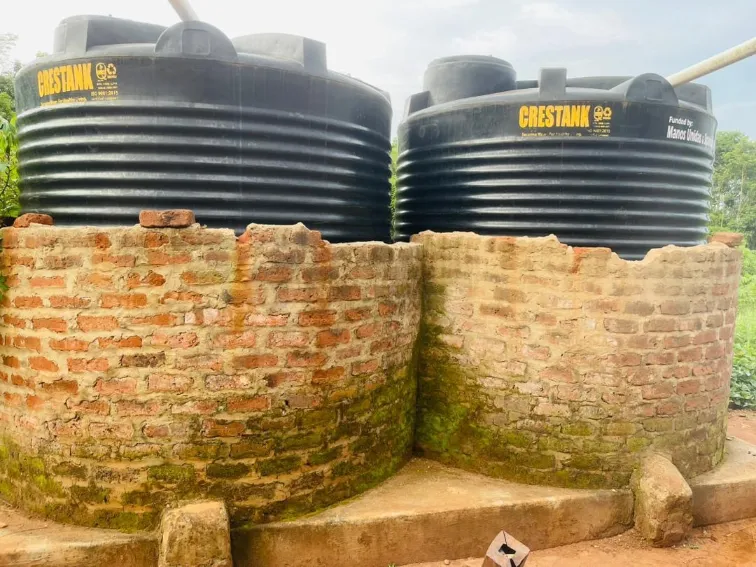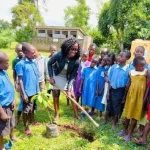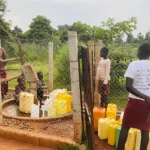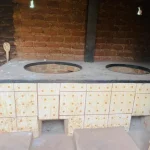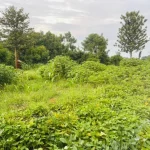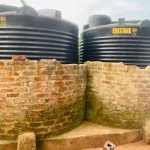Teacher: Shiella Atto

Shiella Atto
Shiella is an Educationalist by profession and comes from the Northern region of Uganda. She currently teaches primary two pupils at St.John’s Nabuganyi in Kayunga district. She has four years of teaching experience and has particularly focused on teaching literacy and numeracy skills to pupils between the ages of eight and thirteen. She has also mentored young leaders, designed educational workshops and implemented student-centered learning strategies. Her ability to create a dynamic and inclusive classroom environment has earned her accolades from both her students and colleagues.
Usefull links related to the Solution
Overview
Shiella developed the ‘Climate Education and Best Practices’ programme after witnessing unrestrained deforestation being carried out by her students and the wider school community.
This deforestation led to unpredictable weather patterns; including dry spells and heavy rains; which in turn caused food insecurity and water shortages in the community and impacted her learners as they often missed school to walk long distances in search of food or water. Shiella put in place the programme to promote environmental stewardship across the community; she collaborated and engaged with stakeholders from across the school and the community to ensure the success of her project. Teachers and learners embraced the programme and there have been positive outcomes from the programme.
Theory of change
Integration of comprehensive climate education with practical guidance on best climate practices enables learners, teachers and parents in the community to develop a deeper understanding of climate change issues and adopt sustainable behaviours. These practices promote environmental stewardship, leading to better land management behaviours.
Approach and Actions
The ‘Climate Education and Best Practices’ programme incorporates learning for both students and community stakeholders. It consists of taught elements as well as community engagement activities and also promotes student-led initiatives.
The programme has incorporated climate change topics into the normal school curriculum for example in topics such as weather, sanitation, and the environment. The lessons reinforce the idea that sustainability and climate change practices should be practised both at school and in the community. Hands-on learning experiences are also planned throughout the programme, such as a renewable energy project, enabling learners to directly engage with environmental concepts.
Through the programme, a community-based environmental club was established. The club has undertaken many activities including tree planting campaigns, clean-up drives and the development of a garden on the school field where learners and their parents are able to practice organic farming and grow drought-resistant crops like sweet potatoes, maize, beans and cassava. The garden has drawn on the community’s indigenous knowledge to keep pests and diseases at bay. The club has also collaborated with other educational institutions, NGOs, local businesses and government agencies to mobilize resources and create a network of support for climate education initiatives. With these collaborations, four water reserve tanks and a school borehole have been secured at the school which not only serves the school but the whole community.
Learners have also formed environmental action groups within their classes to promote climate awareness. They have also embraced projects such as making energy-saving stoves and teaching their parents skills for sustainability.
Impact
Through the programme learners and community members have become more informed about the complexities of climate change, its causes, and impacts and are able to make informed decisions about their lifestyle and how land is managed in their community. Water shortages have been reduced due to the successful mobilization of a school borehole and four water tanks. The school garden has also helped reduce food insecurity in the community.
